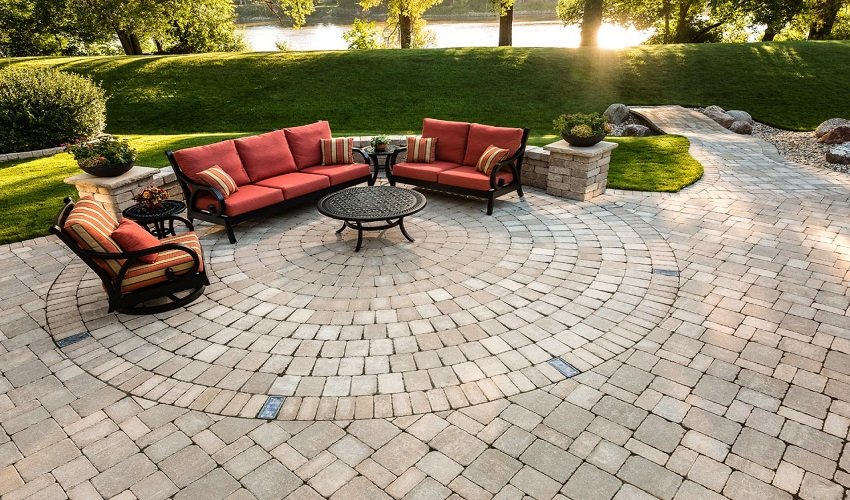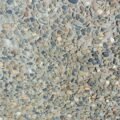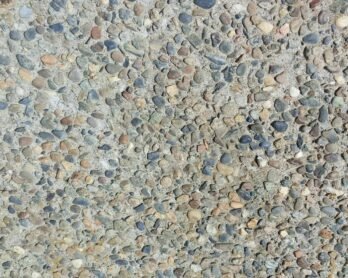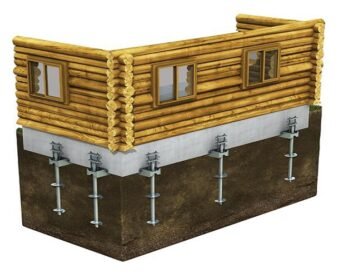Know How Does Paving React To Changes In Temperature

Paving is a great surface for roads, but the durability and strength of the material have limitations. Paving Adelaide can withstand temperature changes surprisingly well, but not all materials react to temperature changes in the same way.
In this article, we’ll explore how paving reacts to various environmental factors such as heat, rain, and cold weather.
Heat
As you may know, Paving Adelaide can expand and contract. It warps when the temperature changes rapidly and crumbles in extreme conditions.
The most common problem with pavers is cracking due to expansion and contraction: movement caused by weather or temperature changes can affect the paver surface.
This problem occurs when the ground underneath expands or contracts during different seasons or after heavy rainfalls, causing stress at joints between adjacent pavers (the joints tend to be weaker than other parts of a paver). If this happens frequently enough, it will result in cracks on your driveway or sidewalk!

Cold
You wouldn’t think that paving would be damaged by freezing temperatures, but it can be. Paving is strong and durable, but the joints may crack if the temperature drops too low.
The best way to prevent this damage is to keep your paving clear of snow and ice. If you live in a cold climate, you might want to consider insulating your paving with a simple solution like an old blanket or rug—just make sure it’s not directly underneath any plants or shrubs so as not to suffocate them!
Rain
If you are paving a driveway, you should know that paving is affected by rain. If your paving gets wet and then dries out, it will crack. Rainwater can also cause the pooling of water at the bottom of the driveway, which may lead to damage if not addressed quickly.
You should make sure that your driveways are fully drained after rain events so as to avoid this problem altogether.
The same goes for swimming pools: they can damage your asphalt or concrete patios over time if they’re not properly maintained or set up correctly from the beginning (even worse if you have kids).
If there’s no pool filter system installed in your backyard pool area yet, then it would be a good idea to do so as soon as possible so that dirt doesn’t build up inside those pipes—and clog them off completely!
Paving is strong but it also reacts to changes in temperature.
Paving is strong and durable, but it also reacts to changes in temperature. When paving is exposed to extreme heat or cold, cracks can appear on the surface.
As temperatures drop below -10 degrees Celsius (14 degrees Fahrenheit), pavements may develop a thin film of ice on their surface that causes them to crack when walked on by pedestrians or vehicles.
Conclusion
Paving is a strong material, but it does have limits. If you are planning on paving your driveway or patio, make sure that you understand how the weather will affect its durability so you can plan accordingly.






